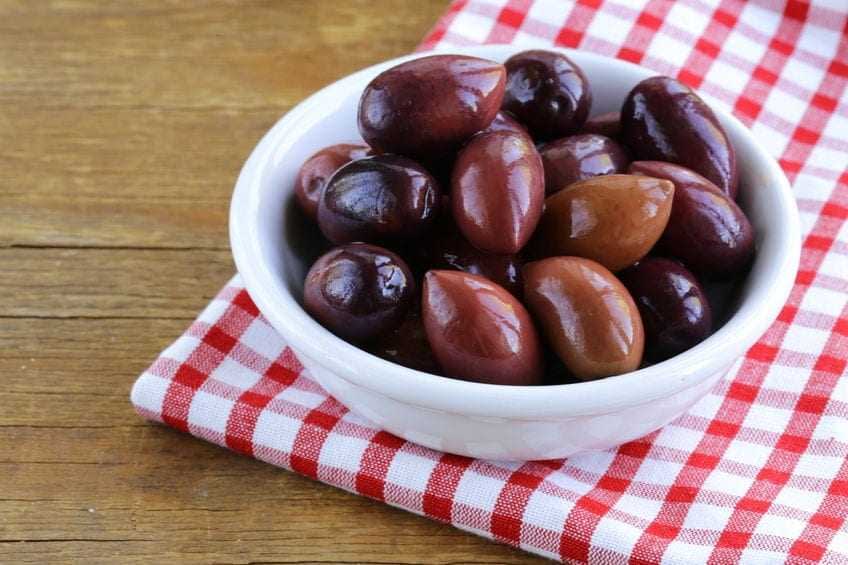In the aftershock of the pandemic, the demand for Kalamata olives (also known as Kalamon olives) has plummeted in Greece as much of the 2019 harvest yield remains unmarketed and prices hovering low in several producing territories of the country.
Many growers have left their olive groves unattended and now they are full of weeds. The state should have controlled the situation somehow. If things do not change quickly, we are going to abandon them.
In the Aetolia-Acarnania region in central-west Greece, where more than half of the country’s crop of Kalamata olives is produced, only a small portion of the season’s harvest has been absorbed by the market so far.
“It looked like a good year and the olives were selling normally, but the pandemic was a major blow that caused 70 to 80 percent of our production to remain idle,” Fotis Akridas, the head of the association of Aetoliko producers, said.
“The olives were mostly sold abroad and to eateries. The price for a kilo of olives ranges between €0.82 ($0.92) and € 1.22 ($1.38) and we had to sell even at € 0.80 ($0.90). How are we going to cover our needs in the coming season? There is no real interest from traders to buy since there is limited market demand,” Akridas added.
Akridas also complained that table olive producers were excluded from the state-provided financial support to vulnerable business sectors hit by the pandemic and underlined that action is needed to demand compensation for their losses of income.
Similar problems for Kalamata olive producers also emerged in other areas of the country like Fthiotida and Lakonia, with non-existent demand and shabby prices.
“The situation is dramatic,” producer Giorgos Loukas from Fthiotida said. “All our production remains in bins and most likely we will give the olives for processing the coming season. It is not profitable to sell at €0.80 ($0.90) per kilo. Many growers have left their olive groves unattended and now they are full of weeds. The state should have controlled the situation somehow. If things do not change quickly, we are going to abandon them.”
As a result of the market for olives standstill, agricultural supply stores operating in the olive producing areas are unable to sell equipment and fertilizers to the distressed olive farmers this way adding to the revenue loss in the sector.
“All the productive zones of the sector face obstacles and measures are required,” agriculturist and farmer Andreas Charalambous from Messolonghi said. “The authorities must explain why we have reached this critical point.”
Producers have asked the Ministry of Agriculture to establish minimum guaranteed prices for table olives and traders and exporters to provide export data to pinpoint what causes the domestic production of Kalamata olives to stay unclaimed.









